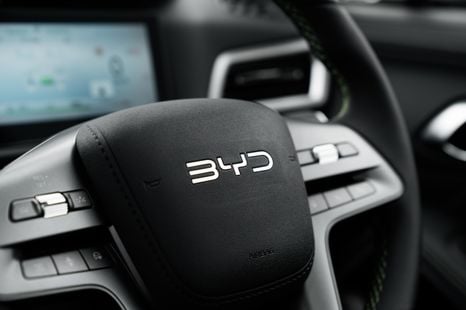

Ben Zachariah
BYD acknowledges ‘work to do’ in aftersales experience
12 Hours Ago
You know that sinking feeling you get when the red and blue lights come on in your rear-view mirror? Sometimes you know what you’ve done, other times you’re not really sure what you did.
So, what’s the best way to reduce your chances of getting a traffic ticket from the police?
We spoke to an officer in the Highway Patrol with over 20 years’ service, who gave us the following advice:
The easiest way to avoid a ticket is don’t break the law, travel at the speed limit, avoid using your phone whilst you are driving, and be courteous to other drivers.

Make sure you pay attention to the little things as well, use your indicators, make sure all your lights work and if you’re a P-plater make sure your plates are clearly displayed. And for goodness sake, stop following the car in front too closely.
If you are tempted to fit tinted taillights or paint over your tail/brake lights, don’t. Save some money and buy a sticker that says “I am an idiot” – it has the same effect and you avoid a ticket
If you have been taking drugs before driving, when you’re pulled over by the police you should tell them what drugs you have taken and ask them to drug test you. No one wants you on the road.
The same goes for people who have been drinking and driving. A good way to approach it might be to say, “I’m not sure if I’ve had too much to drink, is there any chance you could give me a breath test?” No one wants you on the road with them either.
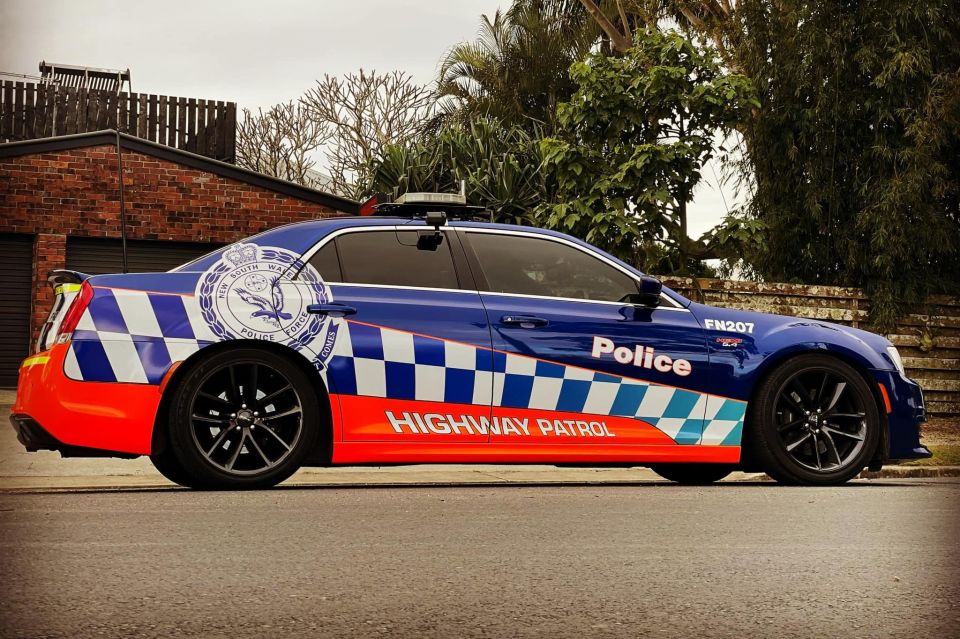
Most people don’t seem to realise how easy it is for us to find people using a mobile phone whilst driving. In heavy traffic they will tend to leave a greater space between them and the vehicle in front because they know they’re not paying full attention. They will also be slower to take off from a stop when the traffic starts moving again.
As we approach the vehicle from behind, we are looking for two hands on the wheel. When we can’t see one or both hands on the wheel, we start having a closer look. Most people who use their phones these days try to keep it in their lap so we then start looking for the nodding head and as we approach we give that vehicle a little bit more attention.
Once the telltale signs start to line up, the end result is we find drivers doing all sorts of things on their phones.
If you do get asked to pull over, you should find a safe place to do so.
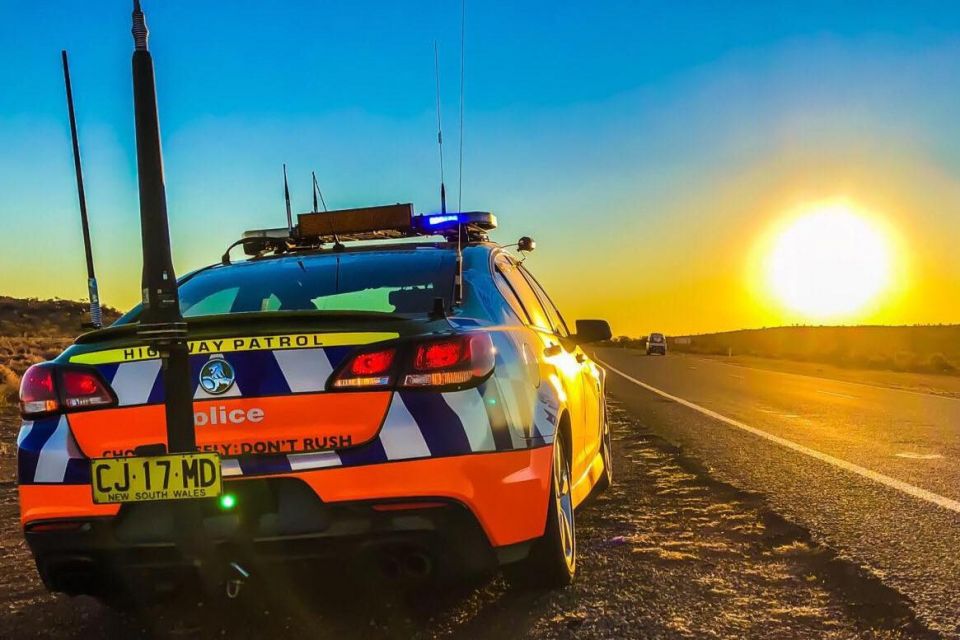
If you can’t immediately see a safe place, put on your left indicator so the police know you are looking for one. If possible, try and get the car off the road.
If you park in an unsafe place or take an unreasonably extended period of time to pull over there is a high chance the officer will already be agitated by the time they get out of their car. You do not want them to be agitated, you want them to be in a happy place
Slowly get out of your car and walk towards the curb. Look towards the officer and put on your best smile.
You may be asked to get back in your car. If you are, do as you’re told but if you get an opportunity say, “I thought it would be safer for you if I got out of the car”.
You should then address the officer as “officer”. For example, greet them with “good morning officer”
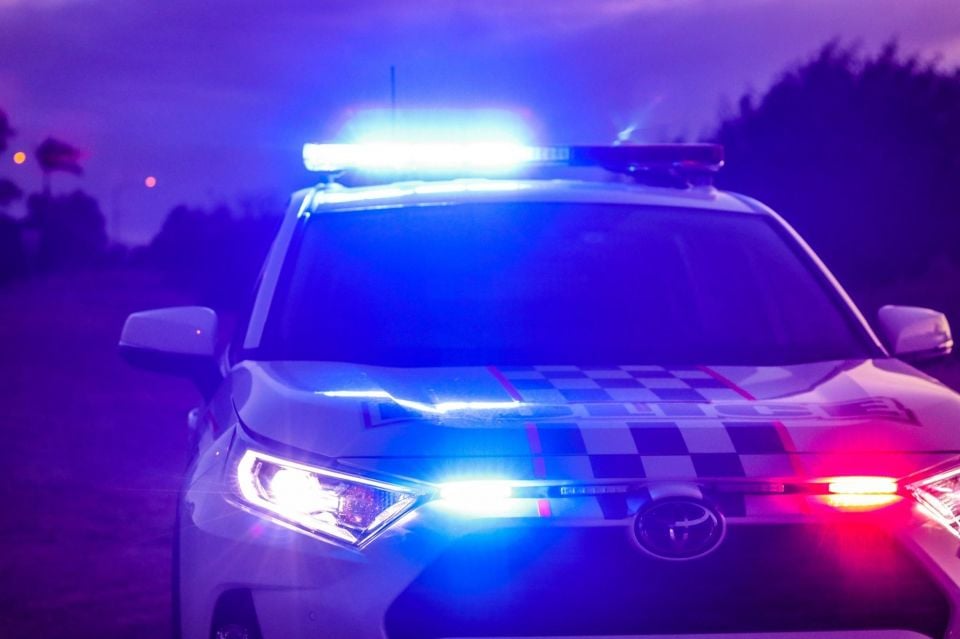
The officer will then most likely introduce themselves. You should reply with your first and last name and extend your arm for a handshake.
Obviously as a result of COVID-19 issues the officer may decline your offer of a handshake. If we do get back to handshaking again and it is declined, do not be offended by this – he or she may be so used to dealing with people who have a confrontational attitude and it may have caught them off guard.
A COVID-19-safe tip is to use the Namaste greeting, as it’s also a sign of respect.
Never ask “what is the problem?” Let the police officer tell you what you have done wrong and unless you categorically believe they are mistaken say, “I’m sorry I didn’t realise I did that”.
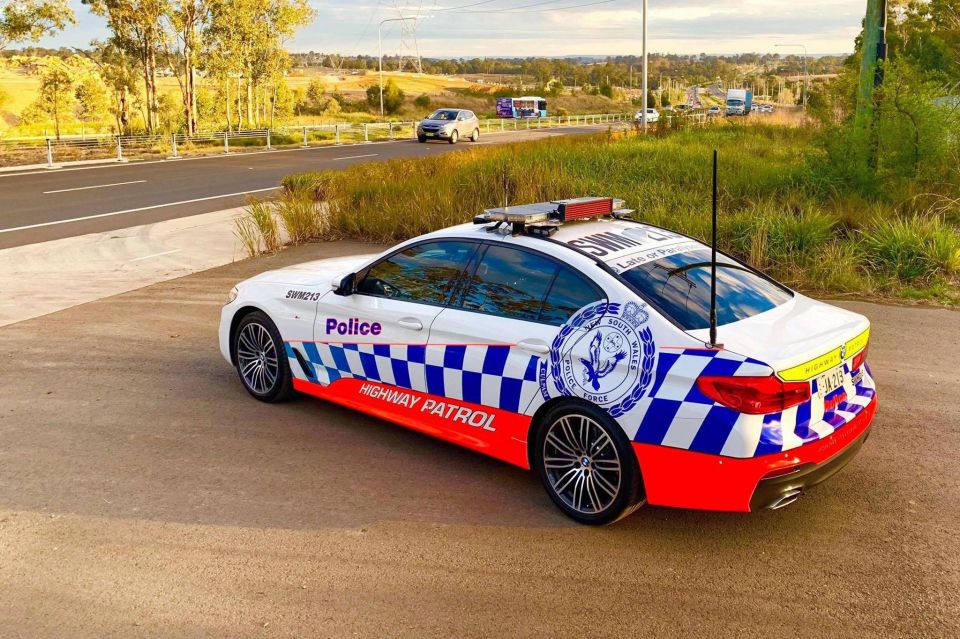
Never mention the word revenue and try to keep a pleasant conversation going. This is also an ideal opportunity for you to mention if your grandfather/great-aunt or other relative used to be a police officer and what a great job police do. Also mention if you work for a charity, especially one that helps the underprivileged.
Whilst you may not get out of getting a ticket, the officer could drop the speed to put a lower bracket or if they were planning on giving you two tickets they may be more inclined to just give you the one.
These days most offences will be recorded via an in-car camera. So in the same way that McDonald’s asks you if you would like fries with that order, try not to be the person that insists on getting a fail to signal intention or fail to display P plates with your speeding ticket.
My final bit of advice is that traffic police tend to have a very black-and-white view of the world, so your chances of avoiding the ticket are always better with general duties police than with the Highway Patrol.


Ben Zachariah
12 Hours Ago
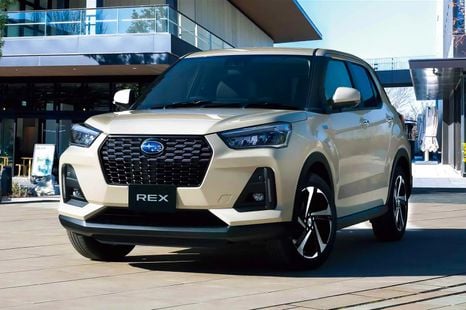

James Wong
12 Hours Ago
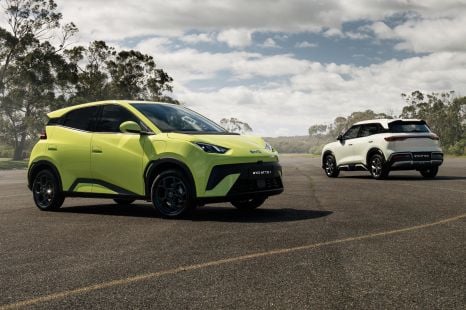

William Stopford
12 Hours Ago
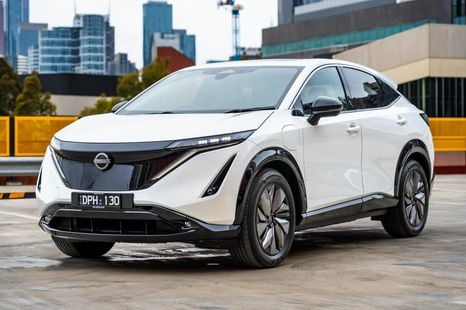

Josh Nevett
20 Hours Ago
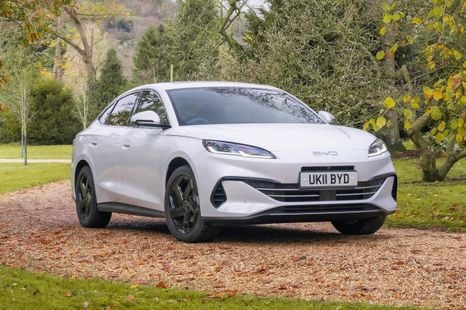

Derek Fung
1 Day Ago
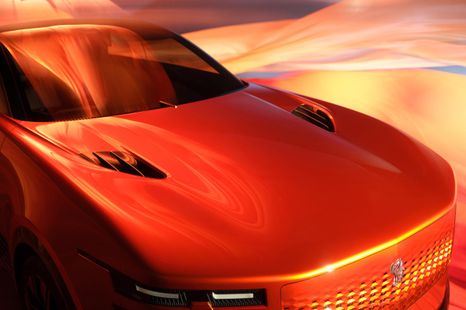

Ben Zachariah
1 Day Ago
Add CarExpert as a Preferred Source on Google so your search results prioritise writing by actual experts, not AI.